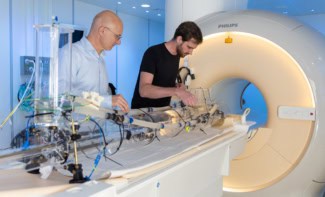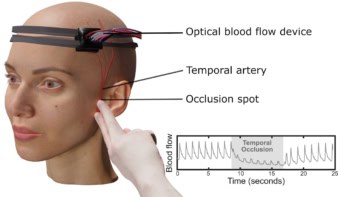Available to watch now, ZAP Surgical Systems explores a contemporary benchmarking study of SRS delivery technology
Want to learn more on this subject?

There have been an increasing number of platform comparison studies in recent years, with most comparisons limited to single-centre studies. Study bias is common in the literature, due to various study flaws, including a comparison of non-contemporary equipment, unequal expertise and comparison of plans created in a clinical versus study environment.
NHS England sponsored a national benchmarking programme in order to evaluate current practices across clinical centres treating benign brain tumours and metastases. This NHS study, arguably the “study to end all studies”, was updated in 2022, to cover a range of state-of-the-art contemporary devices. This will be reviewed in detail during the webinar in addition to work published on lifetime risks from the body dose received during intracranial SRS.
Want to learn more on this subject?

Ian Paddick began his career as a medical physicist in 1989, working at the Hammersmith Hospital, London. Since 1998 he has worked almost exclusively with the Gamma Knife, being responsible for more than 5000 patient treatments. He is considered a world authority on treatment plan metrics, having formulated the Paddick Conformity Index and the Gradient Index. In 2003, Ian formed Medical Physics Limited; a group of physicists providing expert radiosurgery physics services to SRS centres in the UK, Europe and the US. He was the first physicist to be elected as president of the International Stereotactic Radiosurgery Society (ISRS). He currently serves as co-chair of the ISRS Certification Committee.




